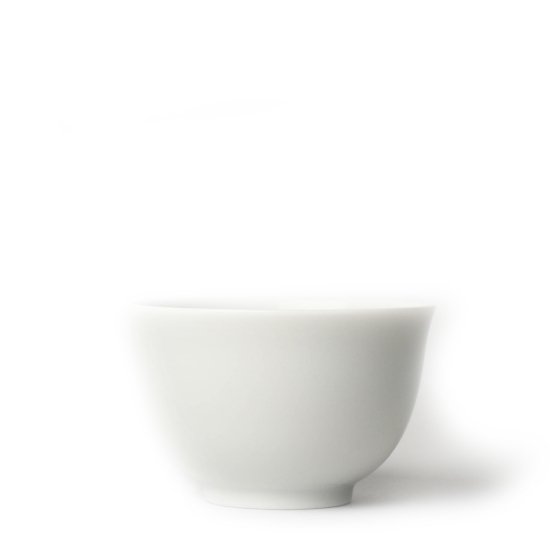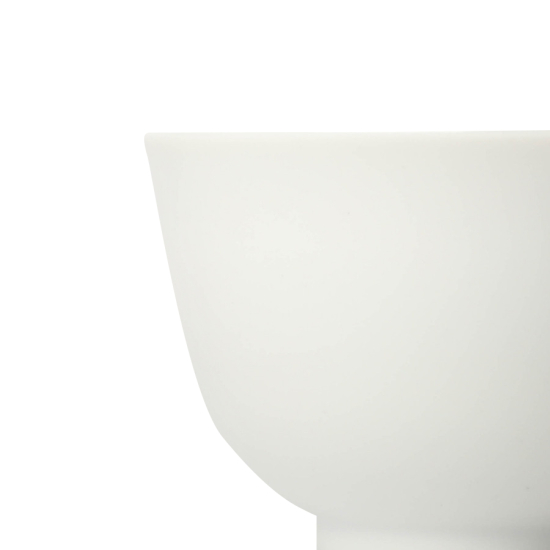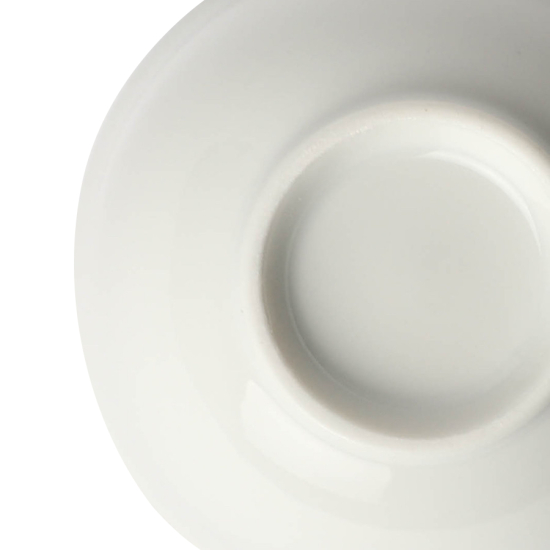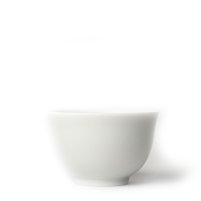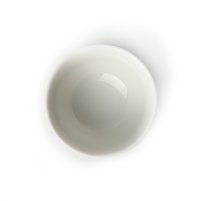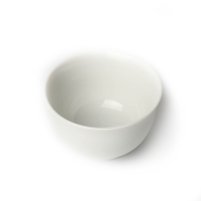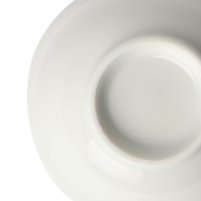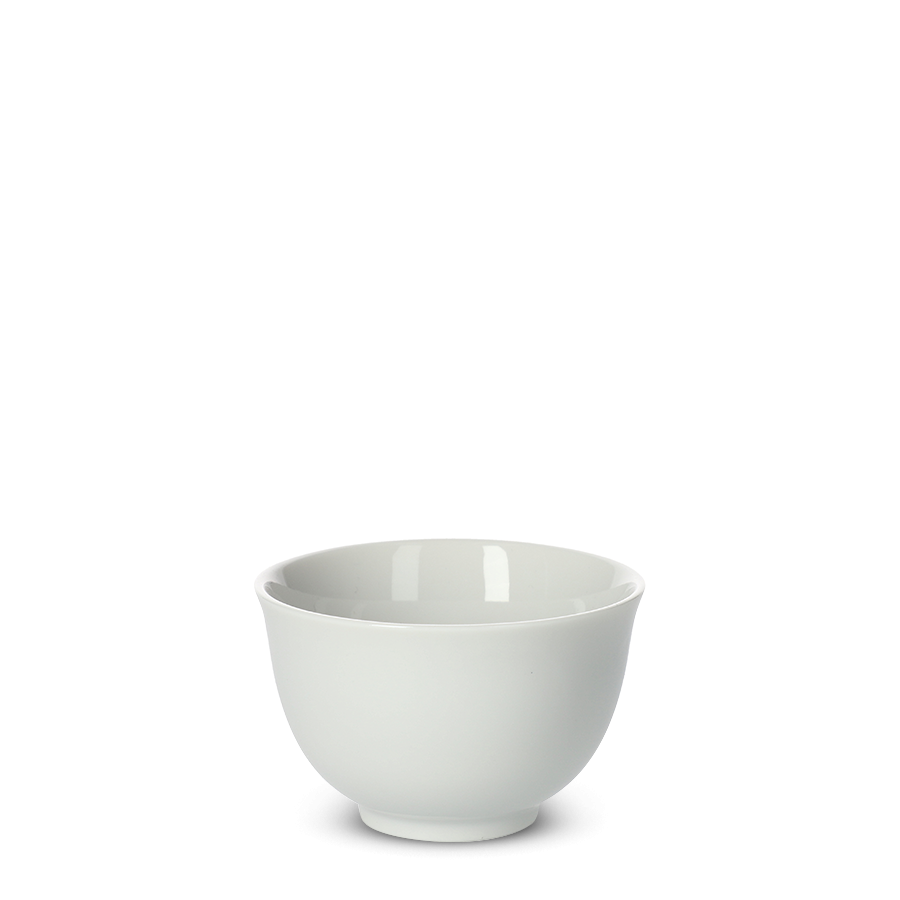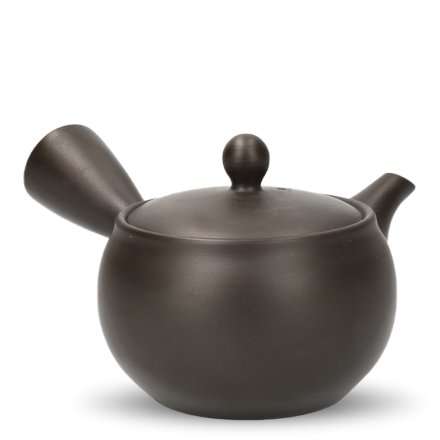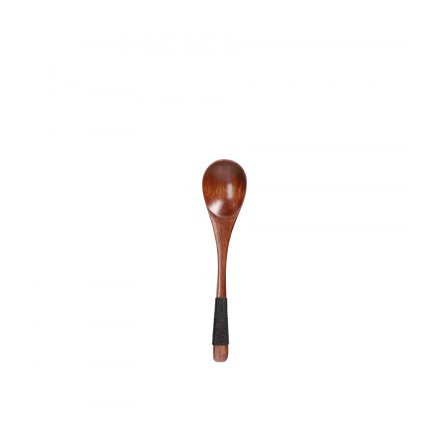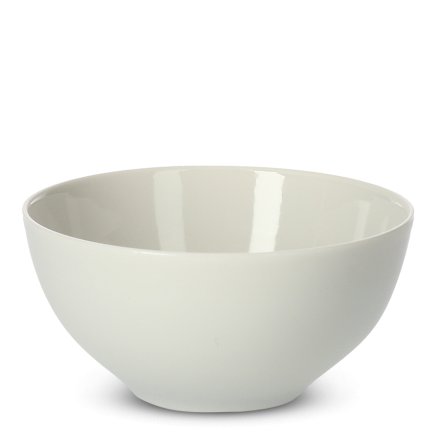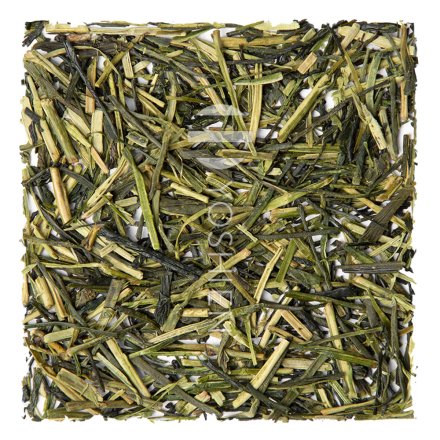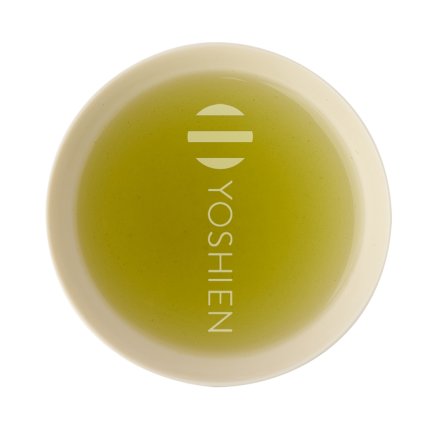Teacup Hakuji
Porcelain
SKU
0937
Yoshi En has recently grown out of Sunday Natural to become an independent premium tea store. As part of this transition, some products may still be shipped in Sunday Natural packaging.
Timeless and versatile plain white porcelain teacup suitable for all types of Japanese green tea. Hakuji (白磁) literally means "white porcelain" and is a form of Japanese pottery that began as an imitation of Chinese Dehua or Blanc de Chine porcelain.
| Product | Teacup, white |
| Origin | Toki, Gifu, Japan |
| Dimensions | Ø7.7cm x 4.6cm, foot Ø3.7cm |
| Volume | 100ml |
| Weight | 75g |
| Material | Porcelain |
In stock



